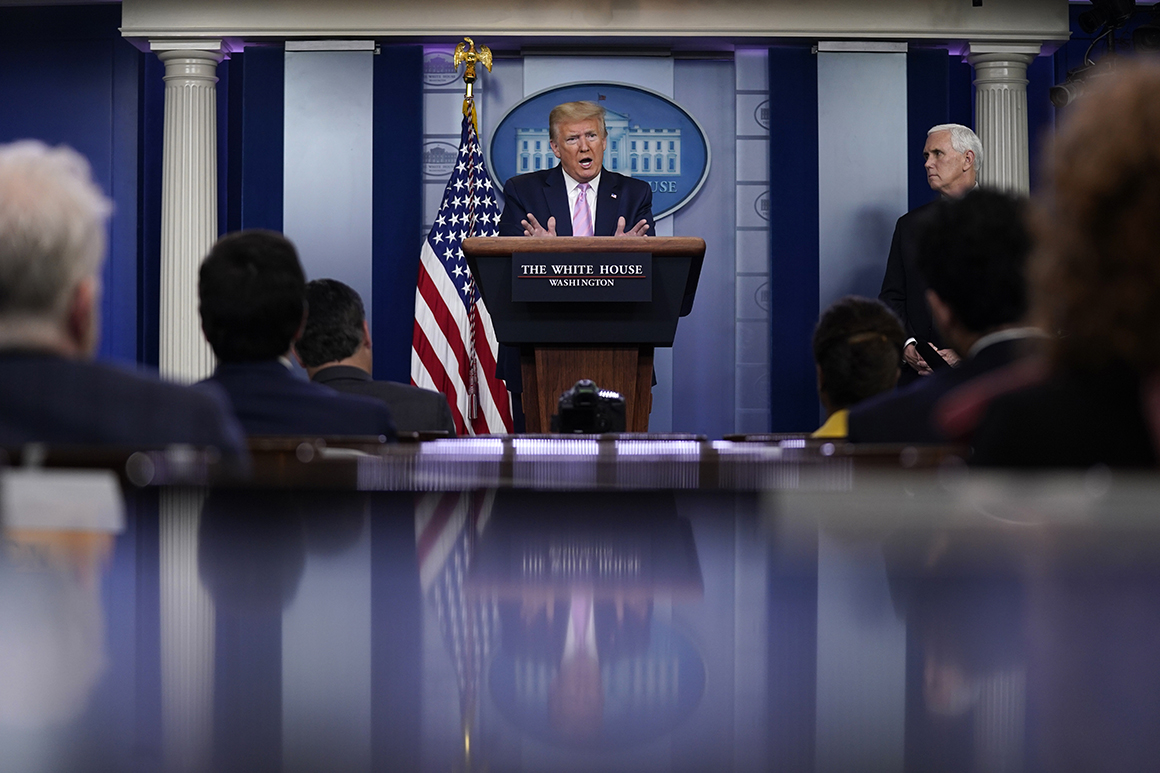
Morrison argued that while at times the solutions to the frustrations with WHO have been to establish workarounds, like UNAIDS, the body itself can be reformed. In the wake of the 2014 Ebola crisis in West Africa, there was a lot of unhappiness with WHO, including from the Obama administration, he pointed out. That led to some helpful reforms of WHO’s emergency response operations.
At the very least, Trump political appointees want to find ways to tweak international health regulations to incentivize WHO leaders to more quickly call out countries like China that are not being transparent nor quick to deliver information about health crises in their borders. There’s also a desire to make it easier for the WHO to declare a “public health emergency of international concern.”
The current WHO director-general, Ethiopia’s Tedros Adhanom Ghebreyesus, was elected to the role for a five-year term in 2017 in part due to support from China. He’s come under fierce criticism from Republican U.S. lawmakers and others for initially praising China’s response to the coronavirus, among other steps.
Defenders of Tedros, and more broadly the WHO, say he’s being scapegoated by Republicans eager to deflect blame from Trump and his administration for their own slow response to the virus.
Further, they point out that the WHO is largely a technical body that operates at the mercy of member states and has limits on what it can say in public. Plus, they note, Tedros has to get along with the Chinese especially if he wants them to cooperate on ending the pandemic. Serious reforms to the WHO’s authority will require other member states’ agreement, they note.
“You’re not going to have powerful countries in the world saying, ‘Yes, please call us out on this’ – and that goes for the U.S., too,” said Jeremy Konyndyk, a former top Obama administration official involved in disaster response. He noted that the WHO hasn’t slammed the Trump team for its slow response to the coronavirus, either.
“If you’re going to accuse the WHO of being soft on China, you have to accuse them equally of being soft on the U.S.,” he said.
The State Department and USAID appear to be caught in the middle trying to balance competing impulses within the administration. Many officials at both those institutions support the idea of reforming the WHO – and broader reforms at the U.N. in general – and many are wary of China’s often harsh influence operations.
Source: politico.com
See more here: news365.stream






